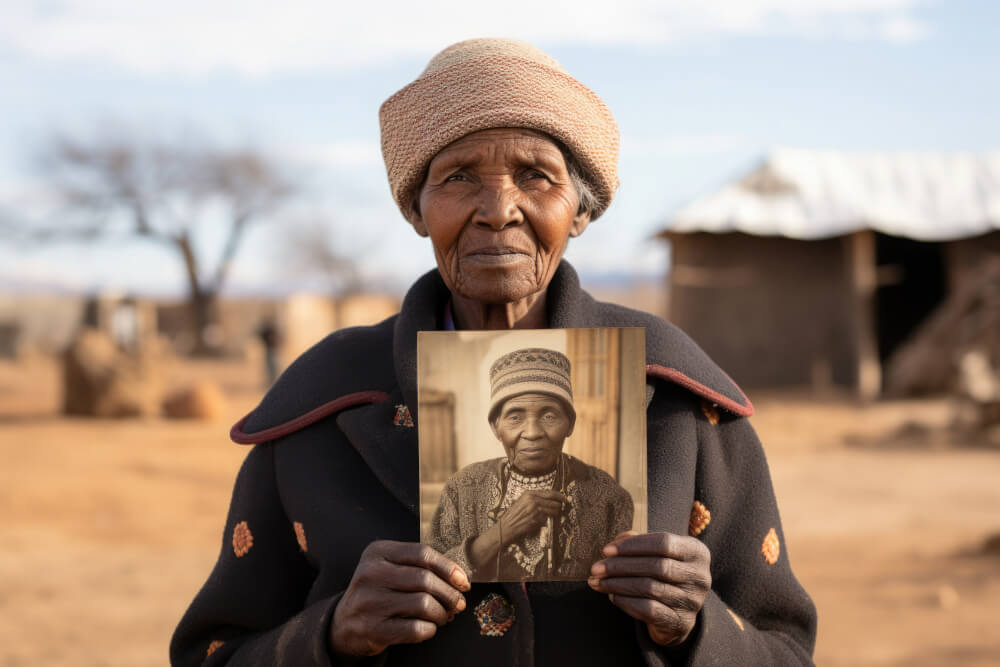
Deciding to break free from drug addiction is a significant step towards a healthier life. However, it’s crucial to approach this journey with the right support and guidance from trained professionals rather than attempting to quit “cold turkey.” The process of quitting drugs for good involves various challenging physical and psychological side effects, and it’s important to have the right resources to ensure your safety and comfort.
In South Africa, purpose-built wellness retreats like Delamere offer individuals a serene and natural environment to aid in their recovery from drug addiction. With a multi-disciplinary team of clinicians, we provide comprehensive support throughout every stage of the recovery journey. This article aims to shed light on what to expect when quitting drugs and how Delamere can assist you in feeling secure and at ease during this process.
Understanding the Timeline of Quitting Drugs Every person’s journey to recovery is unique, and how your body responds to drug withdrawal depends on various factors, including the type of drug, duration of use, dosage, age, gender, weight, and any underlying medical conditions. However, here is a general timeline of what often occurs when quitting drugs:
First 24 hours after quitting drugs:
Within the initial day of quitting drugs, withdrawal symptoms typically set in. These may include intense cravings, nausea, muscle pain, fever, chills, tremors, vivid dreams, flu-like symptoms, sweating, and heart palpitations. Additionally, you may experience psychological withdrawal symptoms like mood swings, anxiety, and depression.
48 to 72 hours after quitting drugs:
During this period, withdrawal symptoms usually peak, and it’s crucial to receive close monitoring to address potential risks such as irregular breathing, high blood pressure, and an irregular heartbeat.
Three to seven days after quitting drugs:
Withdrawal symptoms tend to subside or become less severe around this time, although some individuals may experience lingering side effects for up to ten days.
One to two weeks after quitting drugs:
For most individuals, the acute withdrawal symptoms associated with drugs like cocaine, amphetamines, heroin, and opiates generally improve within a week. However, benzodiazepine and marijuana addiction may lead to irritability, anxiety, and insomnia, which can persist for up to a month.
One to three months after quitting drugs:
In the initial months of abstinence, you’ll start experiencing improvements in both your mental and physical well-being. Your skin may show signs of improvement, and your energy levels will rise. If you’ve completed a 28-day residential rehab program, you will have developed coping mechanisms and strategies to navigate daily life confidently without drugs. This equips you to overcome potential triggers that could jeopardize your progress and empowers you to lead a drug-free life.
One year after quitting drugs:
Depending on the severity and duration of drug addiction, some individuals may experience Post-Acute Withdrawal Syndrome (PAWS), characterized by intermittent withdrawal symptoms that persist for an extended period. However, for most people, the one-year mark after quitting drugs signifies the beginning of a life of abstinence. By this time, you’ll have established healthy habits such as exercise and proper nutrition to sustain your recovery.
Reversing the Effects of Drug Addiction Prolonged substance abuse places considerable strain on various bodily systems, including the brain, digestive system, and overall physical health. Drugs can also increase the risk of developing various health conditions, including certain types of cancer. The encouraging news is that quitting drugs can lead to improvements and even reversals of some of the damage caused by drug addiction.
The brain, in particular, possesses remarkable adaptability. Regular drug use disrupts the brain’s pleasure receptors, but even after extended drug use, neurotransmitters governing thoughts and emotions can return to normal levels of activity. Over time, brain cells damaged during drug use can also regenerate.
Therapeutic approaches like Cognitive Behavioral Therapy (CBT) can aid in rewiring the brain and challenging negative thought patterns. Practices such as meditation and mindfulness help redirect the mind positively. While drug addiction treatment isn’t a cure, with the right support, the adverse physical and mental effects of drug use can significantly improve.
When Will You Start Feeling Better after Quitting Drugs? If you’ve decided to seek help to overcome drug addiction, you likely want to know how long the process will take and when you can expect to start feeling better. The physical symptoms of drug abuse typically subside within the first week of a clinically managed drug detox. However, the psychological impact can persist much longer.
Research indicates that individuals addicted to drugs often require at least three months of treatment to significantly reduce or cease their drug use. Longer durations of rehabilitation tend to yield better outcomes.
Treatment for drug addiction is highly personalized, addressing an individual’s physical, psychological, and emotional needs. Simply removing the substance and managing withdrawal symptoms with medication is insufficient for long-term recovery. Drug addiction is a complex condition often rooted in trauma, requiring specialized support throughout one’s life. Ongoing group therapy, one-on-one counseling, and peer support can play instrumental roles in preventing relapse and sustaining recovery.
